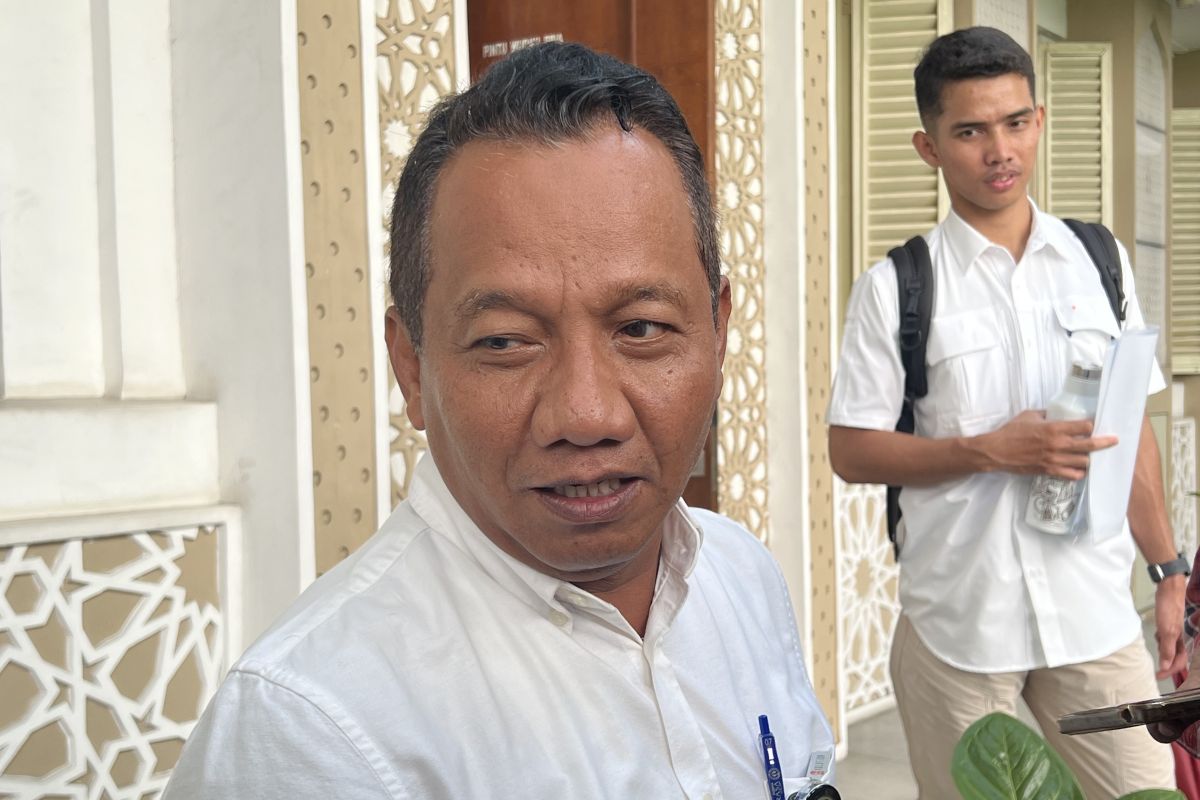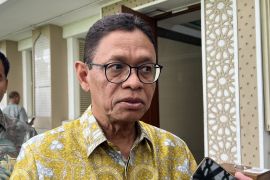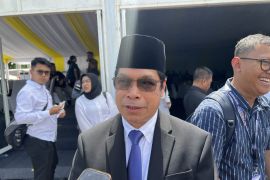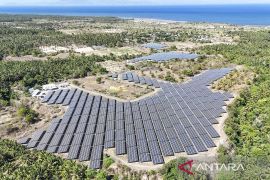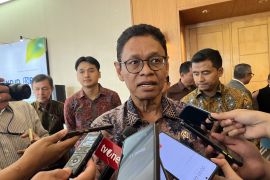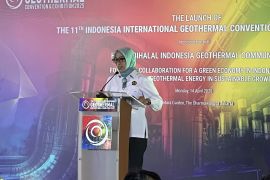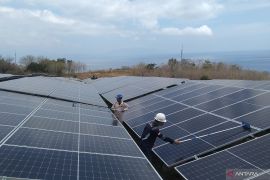"No, no. The law doesn't (allow for the export of raw minerals)," said Director General of Minerals and Coal, Tri Winarno, when met at the ministry in Jakarta on Thursday.
He explained that under Law Number 3 of 2020, Indonesia stopped exporting raw minerals in the third year after the law took effect. As a result, all raw mineral exports officially ceased in 2023.
"There was previously relaxation due to COVID-19. Now, if we want to reopen it, that means the law has to be changed," Winarno stated.
He added that if the United States wishes to import raw minerals from Indonesia, then regulatory changes must first be enacted. As of now, there are no directives or policy revisions permitting such exports to the US.
The clarification comes in response to a statement published on the official White House website regarding a new framework for negotiating an Agreement on Reciprocal Trade between Indonesia and the United States.
According to the US government, the trade framework aims to strengthen the longstanding bilateral relationship by eliminating up to 99 percent of tariff barriers imposed by Indonesia on US industrial and agricultural products. In return, the US would reduce tariffs on Indonesian goods by up to 19 percent.
The agreement also outlines joint efforts to address non-tariff barriers such as local content requirements, labeling, certification, and intellectual property protection.
Notably, the White House summary stated that Indonesia would remove restrictions on critical mineral exports to the US—raising questions about whether this refers to downstream-processed materials or raw exports.
Other commitments in the framework include enhancing supply chain security; addressing unfair trade practices in third countries; relaxing export-import rules, particularly for US digital, food, and agricultural products; and opening up cross-border data sharing.
In labor and environmental areas, Indonesia has committed to banning imports produced by forced labor, ensuring workers’ rights, strengthening environmental laws, and cracking down on illegal logging and fishing.
The agreement also includes more than US$22 billion in commercial deals between Indonesian and US companies involving aircraft, agricultural products, and energy procurement.
Further negotiations to finalize the trade agreement are expected in the coming weeks.
Related news: RI readies 35 downstreaming projects worth US$124 bln
Related news: President eyes new revenue sources from mineral, coal
Translator: Putu Indah Savitri, Katriana
Editor: M Razi Rahman
Copyright © ANTARA 2025
